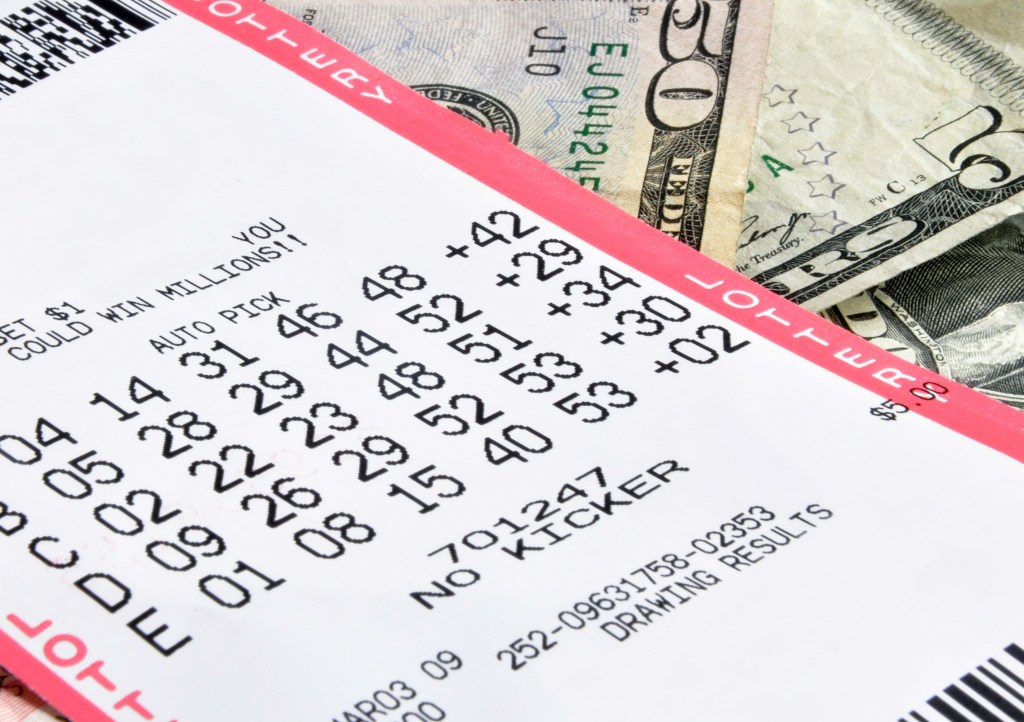Editorial: Reconsider smartphone gaming
Published 12:00 am Saturday, June 16, 2018

- Stock photo
Oregon — the state, not its people — is addicted to gambling. The lottery provides millions of dollars to K-12 and higher education during each budget cycle and is the second largest source of revenue for K-12 education. It supports economic development and state parks, as well, and spends money each year to help fight problem gambling.
The state, it seems, couldn’t live without the lottery.
There are problems, however. Perhaps critical to the lottery’s future, without new revenue sources lottery income could decline. It’s safe to say hardly a politician in Oregon wants that to happen. Lottery officials know that. In fact, according to Willamette Week, they’re working on two approaches to boost revenue.
One, betting on sports, is a recycled old idea that was legalized by a U.S. Supreme Court ruling this year. Future sports betting is a sure thing, apparently.
The other, finding ways to allow gamblers to do so via their smartphones, could be more troubling.
While the lottery’s first move onto your smartphone will be an app that simply lets you track jackpots and see what the winning Powerball numbers are, that’s almost certain to change. Though nothing’s been decided yet, you might be able to bet on a baseball game, buy that lottery ticket or do something else that generates money for the state.
If, that is, you’re 18, the legal age for gambling in Oregon. Lottery officials note that smartphones can be made secure through a variety of devices, including passwords that limit access to them. If they work as intended, it would be difficult at best for a 15-year-old to place a bet.
Yet kids are bright, many of them, and surely some will conquer whatever lock is placed on a phone. The lottery has an answer for that: Cash prizes must be picked up in person. If you’re not 18, you cannot collect. (But, of course, your parent could collect for you.)
Call us old-fashioned, but we believe Oregon would be better off if the state took a different approach. Lawmakers should persuade the lottery not to get into smartphone gaming. Then they should find another way to raise the money they need. It may be, as lottery officials say, that only about 2 percent of the population has a gambling problem. That said, 100 percent of the population has a lottery revenue problem, and that’s about to get worse.






